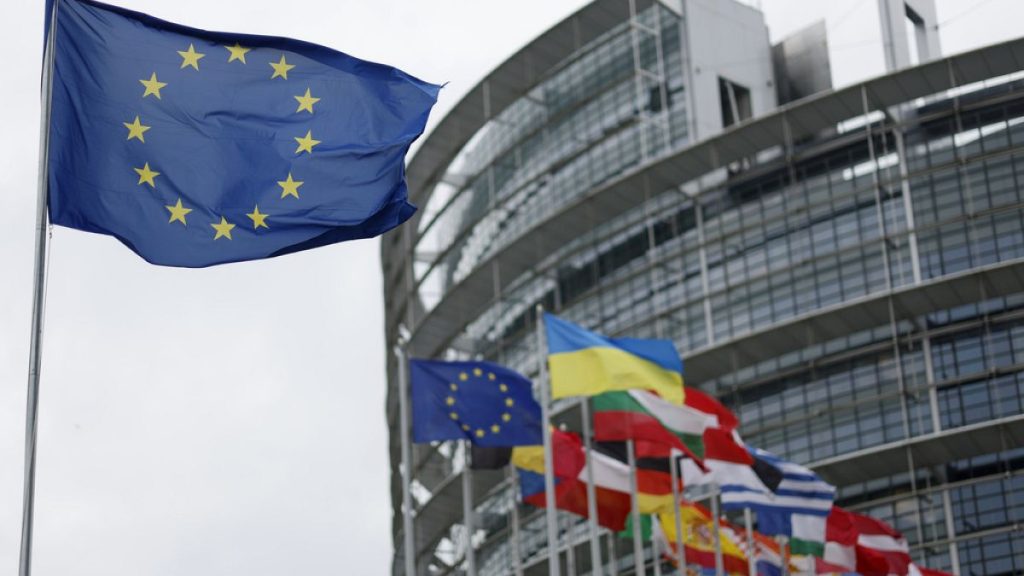The amount of legislation determined by the European Union is a hotly debated topic, with some claiming that up to 80% of laws in member states are imposed by the EU. However, studies have shown that the actual influence of the EU is closer to 20-25%. The EU heavily regulates certain areas such as agriculture, environment, and economics, while leaving other areas like work, employment, internal security, and health up to member states to decide on. This difference in influence between different policy areas is due to the need for EU legislation on a wider level to be more effective, particularly in areas like migration and climate change where a coordinated approach is necessary.
According to experts like Annette Elisabeth Töller and Ton Van Der Brink, focusing on the quality rather than the quantity of legislation from the EU is important. They argue that laws from Brussels have historically been technical in nature, but are now becoming more politically sensitive with issues like the New Migration Pact and the Coronavirus Recovery regulation. It is essential to consider the qualitative aspects of EU legislation, as difficult political choices are now being made at the EU level. Töller stresses that the EU should not be viewed as a “Brussels-based monster,” but rather as a collection of institutions created by member states, indicating that member states are not victims of the EU as some may believe.
The claim that 80% of laws originate from the EU can be traced back to Jacques Delors, the former president of the European Commission. Delors mentioned in a speech that by the year 2000, 80% of economic legislation would be of Community origin. This statement has been used to spread disinformation and create the perception that the EU exerts excessive control over member states through legislation. However, it is important to consider the nuanced nature of EU influence, with certain policy areas requiring a more coordinated approach while others are left to member states. The EU is not a superstate with unlimited regulatory power, and the proportion of legislation originating from Brussels is not as high as some may claim.
The upcoming European elections provide an opportunity for voters to shape the direction of EU legislation by electing representatives to the European Parliament. The legislative decisions made at the EU level are increasingly politically sensitive and reflect the changing nature of European governance. As debates continue over the amount of influence the EU has on member states, it is crucial to focus on the quality of legislation and the impact it has on the lives of citizens. The EU should be viewed as a collaborative effort by member states to address common challenges, rather than an overreaching entity dictating laws to sovereign nations. As the myth of the EU exerting 80% control over member states is debunked, a more nuanced understanding of EU influence and governance emerges.


